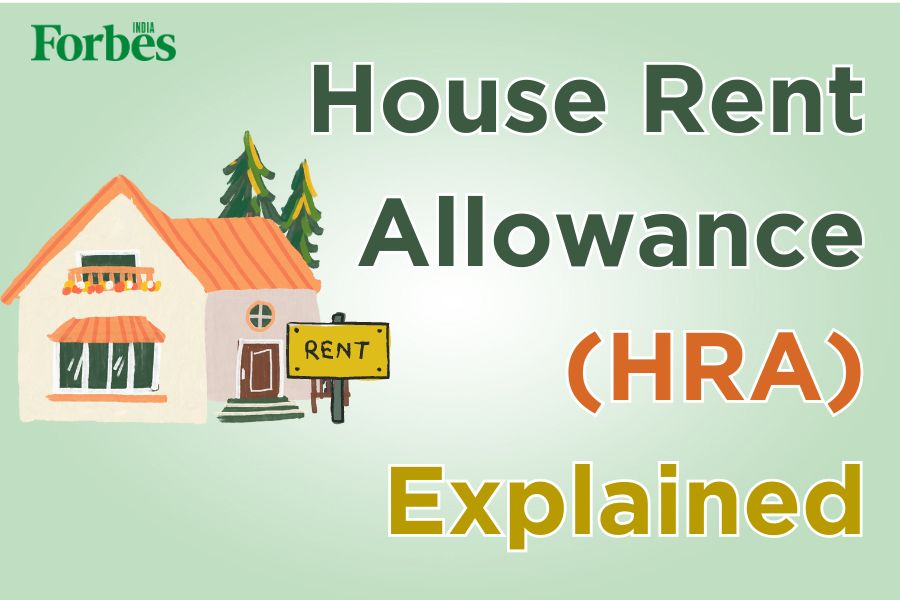House rent allowance (HRA) exemption explained: How to calculate, tax saving benefits and more
This guide explains House Rent Allowance (HRA) in India - what it is, how to calculate HRA and how to maximise your tax savings

Renting a house can be a significant expense, especially in today's world. But did you know there's a way to get some relief on your housing costs? Enter House Rent Allowance (HRA), a valuable benefit offered by many employers in India. In this article, we'll explain everything you need to know about HRA - what it is, how it works, and how to maximise your exemption.
What is HRA or House Rent Allowance?
House Rent Allowance is a significant part of many workers' compensation packages. It provides financial relief for employees who pay rent. However, the tax treatment of this allowance is not straightforward. Depending on the amount of rent you pay compared to your HRA and other salary components, the deduction might be partial or even zero, according to Section 10 [13A] of the Income Tax Act.
How to calculate HRA exemption?
According to Section 10 [13A] of the Income Tax Act, 1961, salaried individuals in India can claim an exemption on their House Rent Allowance (HRA). This exemption is calculated by taking the minimum value among the following:
- The HRA amount received from the employer.
- The applicable percentage (50 percent for metro cities, 40 percent for non-metro towns) of the employee's basic salary plus Dearness Allowance (DA).

















